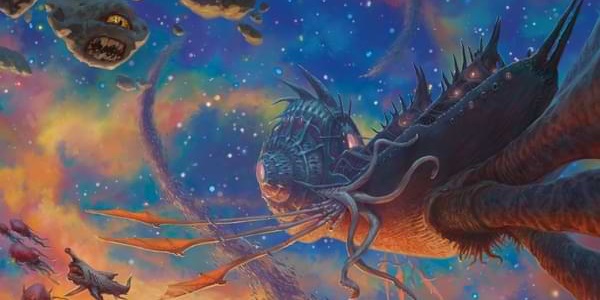Forgive me for using your post to illustrate why WotC is right to hire cultural consultants. Because you obviously have good intentions, and you just as obviously don't know what you don't know.
This made a little lightbulb turn on in my head.
You know the
Evil Overlord List? One of the items on it is "One of my advisors will be an average five-year-old child. Any flaws in my plan that he is able to spot will be corrected before implementation."
That's what a sensitivity reader/cultural consultant is. It's someone who can look at your work without the same preconceptions as you, and point out flaws in it.
---------
That said, while the treatment of the Hadozee in Spelljammer was rather insensitive and slavery is probably overused as a whole in D&D, I don't think I'd go as far as Paizo are doing according to their
recent statement (based on a similar incident). It can still be a strong plot element as long as it's treated with care. The best example is, I think, Eberron's warforged. For those not familiar, warforged are basically mass-produced sapient and kinda alive constructs, built to fight in the setting's equivalent of World War I. They are constructed beings and were considered property, but they can think for themselves and they do have emotions. Two years ago, the War ended with a peace treaty stipulating that the facilities used to construct the warforged be dismantled, that no more were to be created, and the ones already existing would become free citizens (though different nations have implemented this in different ways). This has created a bunch of other social issues. One is that there are now a bunch of absolutely lethal war veterans wondering what to do with their potentially infinite lives. Some take regular jobs, and since they do not need to sleep or eat can often outcompete other people for these jobs, which creates strife (not to mention exploitation of the warforged themselves). They are visually highly distinctive, making them a visual reminder of the War. Some have gathered under the banner of a leader who claims to want to create a new homeland for them, and restart production under his control. These are all really interesting plot elements that are based on these beings recently being released from what was essentially slavery, and I think the Eberron setting would be much poorer without these elements.
Now, this is my perspective as a white guy from Sweden, and while Sweden certainly hasn't been innocent in matters of colonialism and trans-Atlantic slave trade (it's not that we didn't try, we just weren't any "good" at it), we pretty much haven't had any slaves
here since the 14th century. So slavery is not an open wound here the way it, and its follow-ups (e.g. Jim Crow, redlining, etc.) have been in the USA. It's very possible that other people with different backgrounds than mine would feel differently about the above issue, but that's how I feel at least.

 www.dndbeyond.com
www.dndbeyond.com



